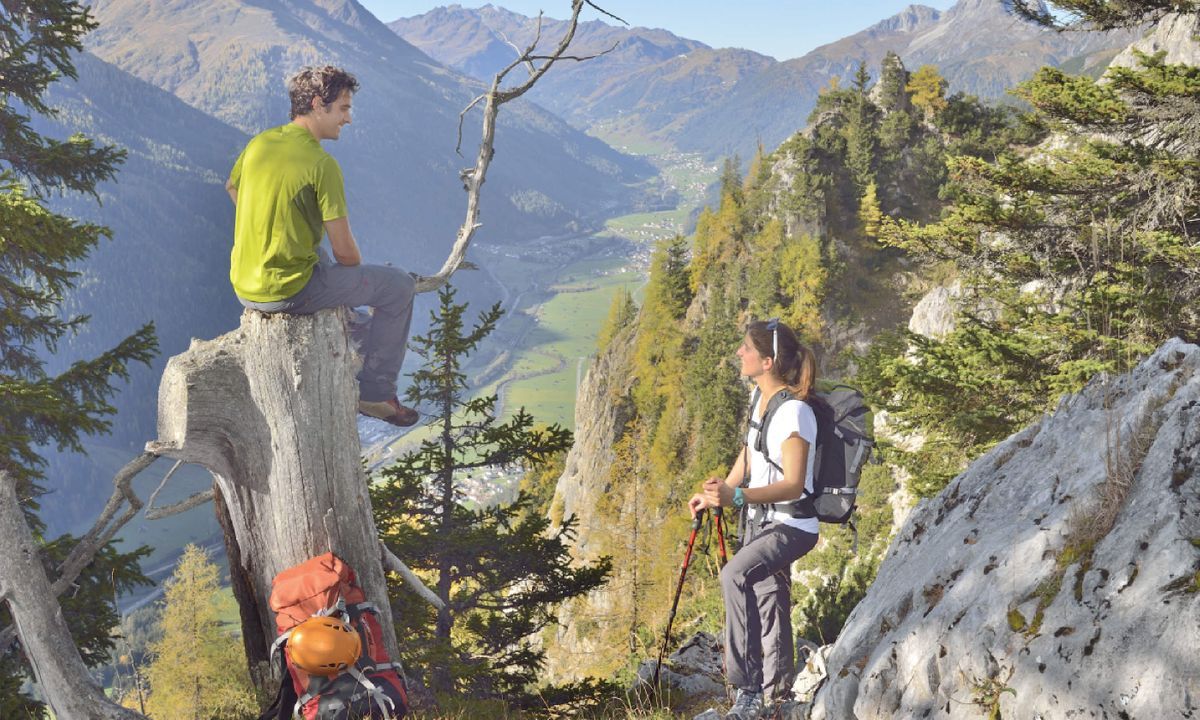Anyone who has traveled to a high-altitude destination can attest to the fact that things are wildly different at the time... literally. High altitudes are responsible for a whole slew of things, the most noticeable being how we feel as we traverse one foot after the other above sea level. There are several locations in the United States where people live comfortably at high altitudes (in Colorado, for example), and many places around the world where villages have been built into the sides of mountains and have been that way for centuries (such as the Himalayas).
So, if you're planning to move to or travel to a destination that's slightly above the altitude you're comfortable with, fear not - it's not entirely impossible to feel comfortable at a high altitude. Knowing what to expect and how to deal with it will only help.
All Of A Sudden, Everything Will Feel Like A Challenge
It might sound daunting but it's only as uncomfortable as you make it. Before reaching the altitude, it's important to remember that the air is thinner as you go up in altitude. This means that the human body tries that much harder to obtain oxygen which makes it feel as though your body is working hard to do so... because it is. Something as simple as walking up the stairs might feel like you just took a job around the block, and even walking down the street can feel like you've just done a session at the gym.
For those who have a high level of endurance and good lung capacity, it might make for a slightly easier transition. However, it should be known that no matter what type of physical condition you're in, altitude gets everyone - it's not always a matter of physically fit vs. not physically fit.
Sunburn Happens Quickly And Far More Easily
Contrary to popular belief, this is not due to the fact that you're closer to the sun. Rather, it's due to, once again, the fact that the air thins out the higher up you get.
With thinner air, UV rays are permitted to penetrate far more easily, meaning sunburn is much more of a reality at a higher altitude and it happens much faster. However, this is something you can prevent with the proper attire (a hat, for example), and sunscreen with a high SPF.
You Might Have A One-Drink Maximum
This doesn't mean that adult beverages somehow obtain superhuman qualities at higher altitudes. What it does mean is that the higher in altitude you get, the more easily dehydrated you become.
That's why it's advised that the first few days (at least the first day) you arrive at a high-altitude destination, sticking to water is the best thing you can possibly do. Dehydration, combined with the fact that altitude sickness could be working its unpleasant magic, can lead to feelings of lightheadedness and generally feeling out of it.
Don't Be Surprised If Bottles Of Liquid Explode
The pressure exerted on them is responsible for this and it's something that can't really be helped. This even happens with things such as bags of chips, according to Storage Front, between the extra pressure from the atmosphere and the pressure that's used within the bag itself.
Bottles of shampoo and drinks in plastic bottles have also been known to implode under sheer pressure in some regions, so don't be alarmed if this happens. It's the basic law of opposite forces: one is trying to escape while the other is trying to keep it in.
Cooking Isn't The Same And Everything Needs To Be Adjusted
This is especially the case with baking, as the art of pastry undergoes some pretty hefty changes when you live at a high altitude.
It's also true that water takes longer to boil and ingredients might need to be measured differently because the altitude changes the way things cook and for how long. Baking is quite an adventure since factors such as humidity and air pressure all play a role in the recipes.
Altitude Sickness Could Creep Up On You
Altitude sickness happens to the best of us and the reality is that no one is immune to it. Our bodies just aren't acclimated to hanging out at 8,000 plus feet above sea level and most of us haven't lived in high-altitude regions most of our lives. This means that for the first few days, it may very well feel as though you have a hangover, as the symptoms are very much the same. Drinking tons of water, getting rest, and allowing your body to adjust (acclimate) are the best things you can do - it'll pass!



